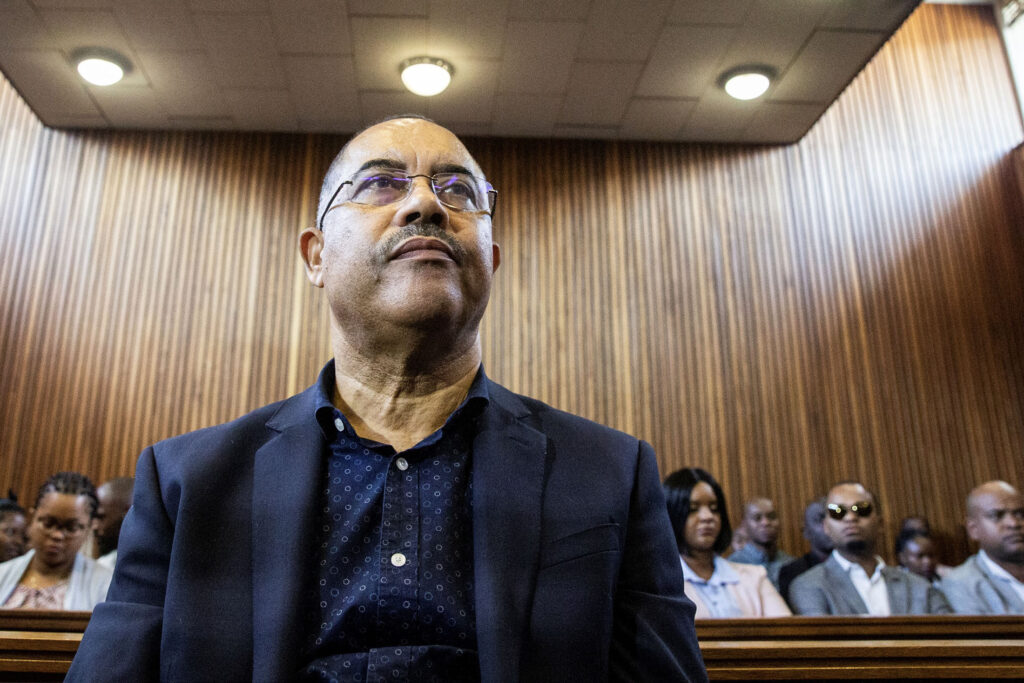The “tuna bond” scandal, which has severely impacted Mozambique’s economy, has reached a U.S. court where former Mozambican finance minister Manuel Chang is facing charges. Chang is accused of accepting bribes to commit his country to massive loans, which prosecutors allege were looted to finance lavish lifestyles rather than public projects.

The loans, which were supposed to fund tuna fishing ships, failed to serve their intended purpose. When the government’s $2 billion “hidden debt” came to light in 2016, it triggered a financial crisis in Mozambique, one of the world’s poorest countries, leading to significant economic repercussions.
This week, jurors began hearing the case against Chang in a federal court in Brooklyn. He served as Mozambique’s top financial official from 2005 to 2015. Prosecutors argue that Chang “abused his authority to enrich himself through bribery, fraud, and money laundering,” stated Assistant U.S. Attorney Peter Cooch during the opening statements.
The indictment reveals that Chang is known to have funneled the loan money through elaborate schemes involving international banks and shell companies. The money, intended for public infrastructure and development, was allegedly misappropriated to support luxury expenditures, including lavish homes and yachts.

Chang, who has pleaded not guilty to conspiracy charges, is defended by lawyer Adam Ford. Ford argued to jurors that there is no concrete evidence proving Chang accepted any payoffs or received money for having Mozambique guarantee the loans’ repayment. “Minister Chang signed these guarantees because that’s what his government wanted him to do,” Ford stated on Tuesday.
The trial continued on Wednesday, with Chang attentively following proceedings through a Portuguese language interpreter.
Between 2013 and 2016, three Mozambique government-controlled companies borrowed $2 billion from major overseas banks. These loans, guaranteed by Chang’s signature, assured the creditors of repayment. However, the intended projects, including tuna fishing ships, a shipyard, and Coast Guard patrol boats to protect natural gas fields off the country’s Indian Ocean coast, were never completed.
The scandal has drawn international attention due to its scale and the severe economic impact on Mozambique. The fraudulent activities were uncovered following an investigation that revealed discrepancies in the loan agreements and mismanagement of funds.
AP Reports



